Where I work: Chris Blackwell, record producer and hotelier
Chris Blackwell is the founder of Island Records, one of the greatest independent record labels in musical history, and the owner of Ian Fleming's former Jamaican home, Goldeneye. He talks to Rosie Paterson about how he's still working aged 83, and the records he'd still like to produce.
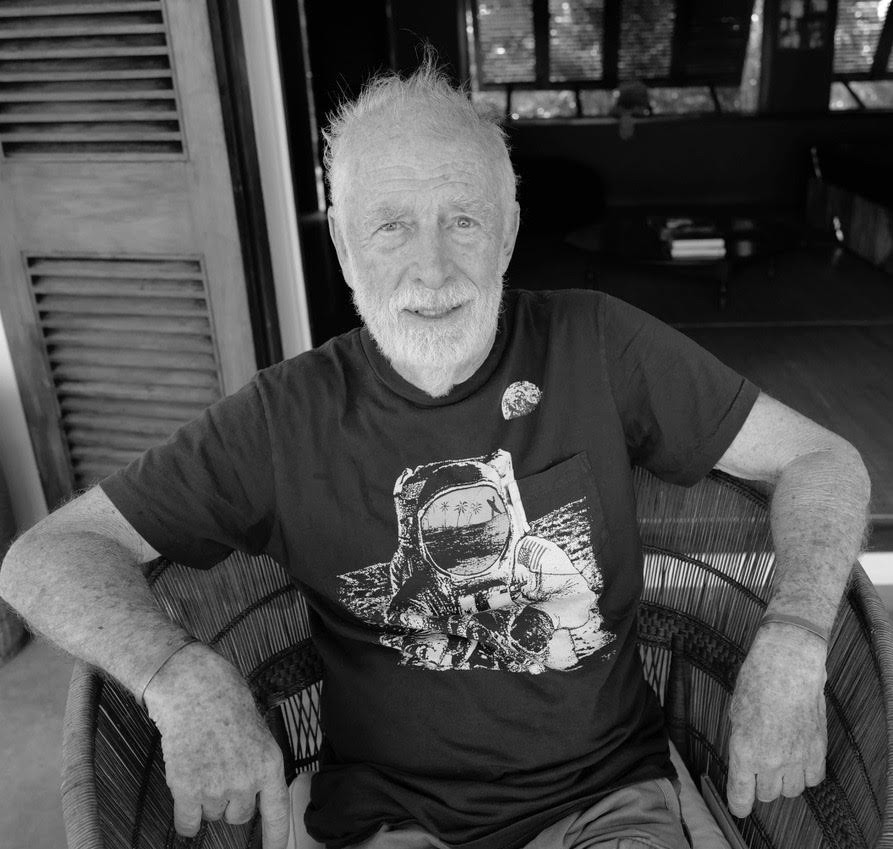
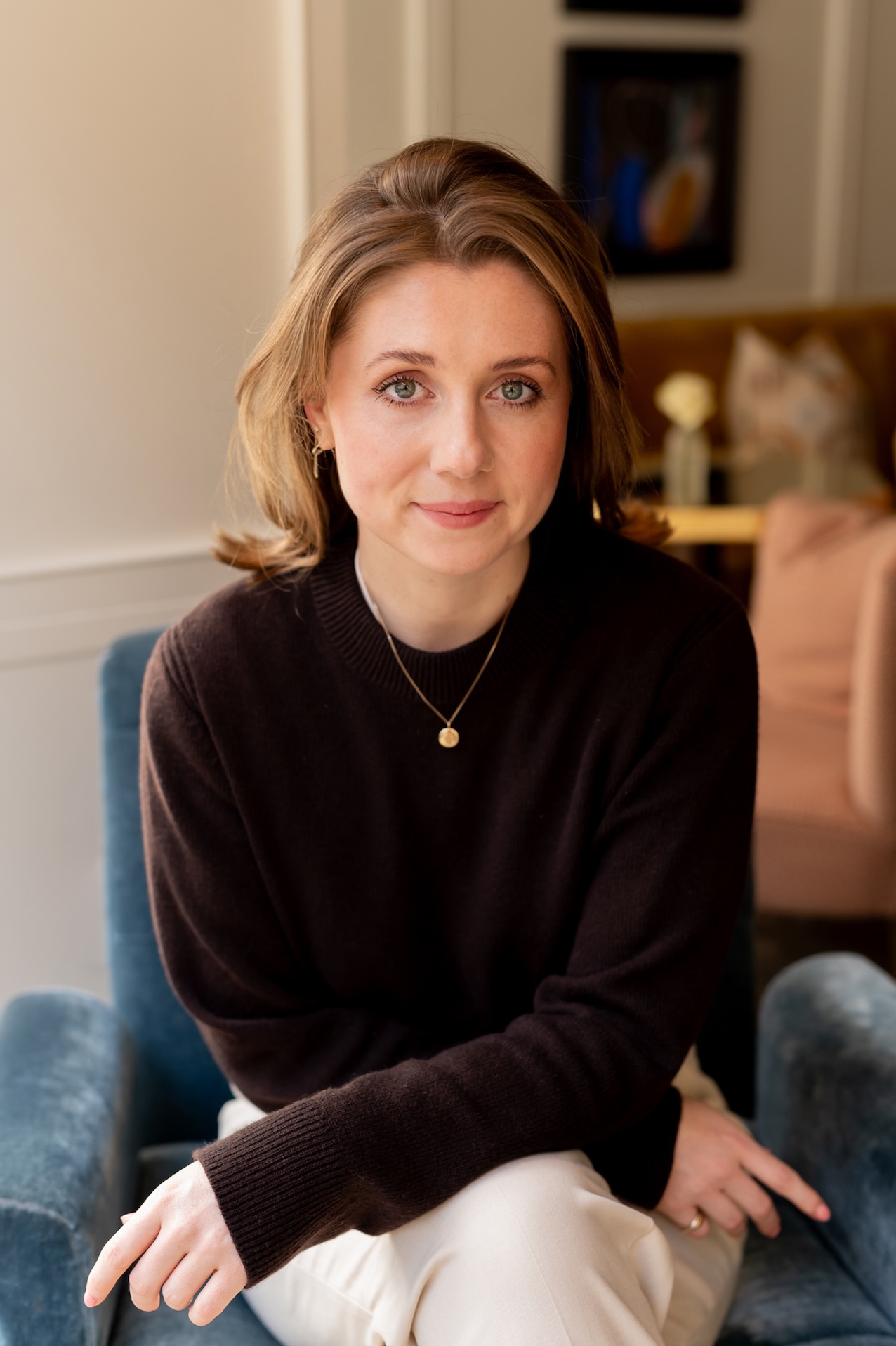
Chris Blackwell has spent the majority of his life on the Caribbean island of Jamaica, but when he likely wanted to be there most — during the coronavirus pandemic — he found himself stuck in New York, US. Thankfully, he found his imposed five month residency quite fun: 'It was a bit strange. There were no sirens, no police car sounds, no loud trucks and no bus noises. I was in lockdown very close to Central Park. When the weather was nice we could go out with our masks on, sit around and enjoy sandwiches. It was not a terrible experience for me, it was an interesting one.'
Back in his beachside office, Blackwell — who celebrated his 83rd birthday in June — spends his time working on a variety of documentary programmes he's involved in, or on a new record idea (he prefers vinyl). He's keen to release a series of compilation albums, featuring artists he worked with during his Island Record days.
He founded the legendary recording company in 1959 and subsequently forged the careers of Bob Marley, Roxy Music, Etta James, U2, Nirvana... the list goes on. The Rock and Roll Hall of Fame — into which Blackwell was inducted in 2001, went as far to state that he is: 'the single person most responsible for turning the world on to reggae music.'
Once can only assume that such an album would instantly top the charts.
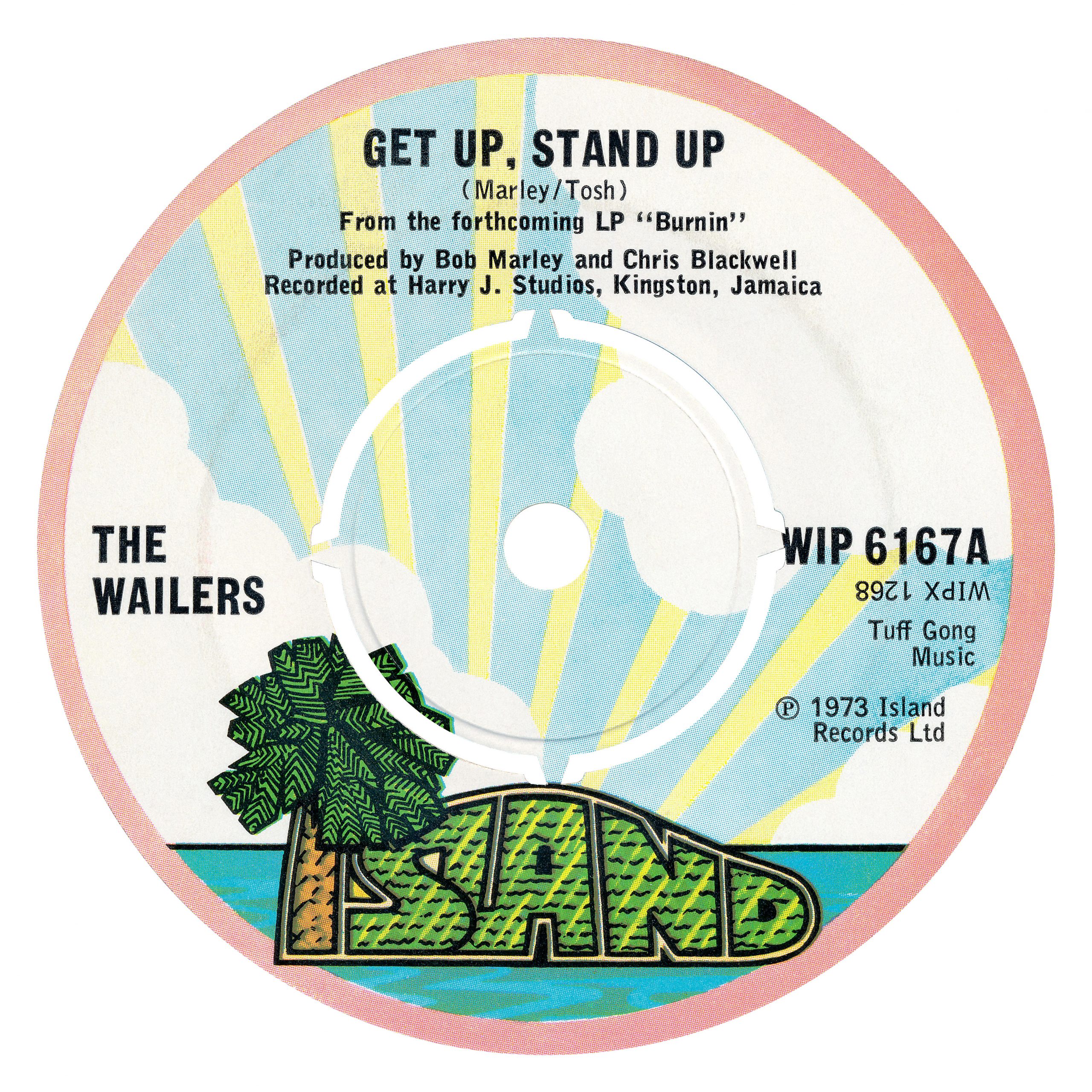
In the 1970s, he purchased Goldeneye, Ian Fleming's Jamaican house and estate, and the place where he wrote all of the James Bond novels.
'My mother asked me to buy it,' explains Blackwell. 'It had been kept for Ian Fleming’s son, but sadly he passed away so the house and the property came on the market [it was initially bought by Marley, who then put it back up for sale a year later].
'My mother used to swim there all the time and she rang me and asked me if I would buy it. And as a dutiful son, I bought it.'
Sign up for the Country Life Newsletter
Exquisite houses, the beauty of Nature, and how to get the most from your life, straight to your inbox.
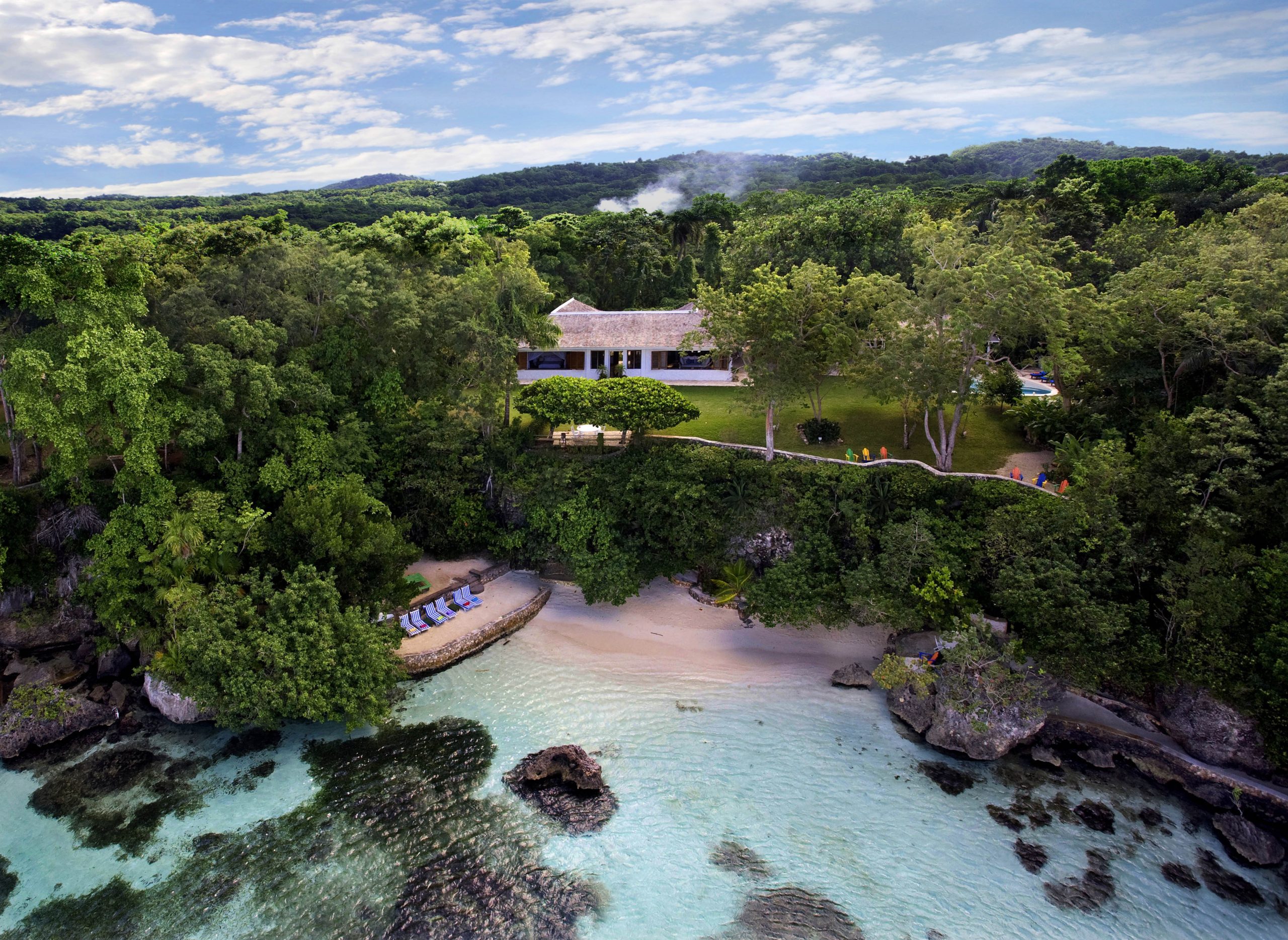
Parts of the first James Bond film, along with subsequent sequels, were shot in Jamaica and near the estate — with the help of Blackwell, who worked as a location scout. In No Time to Die — the 25th iteration — Blackwell was called upon again by the production team, an opportunity he relished.
Come April 2021, when the film is (finally) released, eagle-eyed viewers might just happen to spot a bottle of Blackwell's own-brand rum (distilled on the island) in James Bond's house.
In the ensuing decade, Blackwell bought up parts of the land surrounding the estate, before opening it as a small hotel in the late 1980's. Under Fleming's ownership, visitors included Lucien Freud, Patrick Leigh Fermor and Princess Margaret; under Blackwell's, Michael Caine, Pierce Brosnan and Kate Moss have all stayed. Sting wrote Every Breath You Take at Fleming's desk.
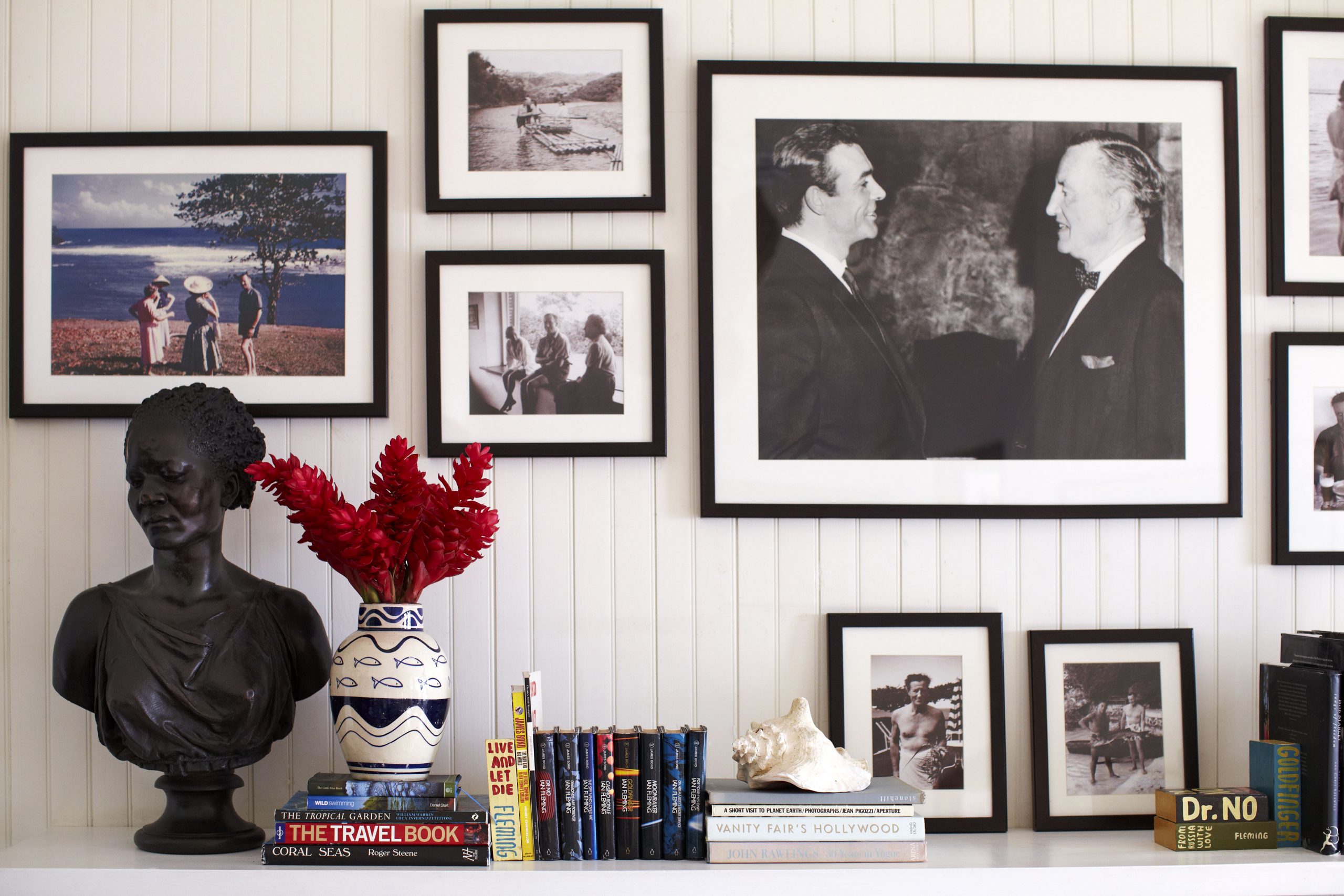
It took a not-inconsiderable amount of dedication, creativity and sheer guts for Blackwell to get to where he is today. Following a lacklustre performance in school, he settled in Jamaica, and started a motor scooter rental company and worked as a water ski instructor, in Jamaica. One night, he came across a band, visiting from Bermuda, liked what he heard and asked he could record them. At that point in time, he knew nothing about recording and had never stepped foot in a recording studio.
'I rented a Volkswagen van and the band and I drove into Kingston. They went into the studio and I went into the control room — which means you are supposed to be in control, but I had no experience,' he says.
'The band played the first take and they all looked up at me, but I really had no idea what to say. The lead player, Lance Hayward, said, “shall I play it again?” So he rescued me from my inability to respond to them. So I just replied, "yes, please do." From that moment on, I knew that was what I wanted to do for the rest of my life.'
At first, the producer struggled to get his acts' songs played on the radio, so he invested in 63 jukeboxes, which he loaded the tracks on to and covered the island with.
Soon after, he was travelling to Italy with the aforementioned Bob Marley, to watch him play for 100,000 people in a stadium lit by cigarette lighters, held aloft by the crowd.
He describes Jamaica as a 'blessed island', and a huge source of inspiration. 'It has everything going for it, from agriculture to beaches and the mountains, but most of all, the people are really extraordinary. They have had tough times in their lives, but they are great people. I love Jamaica. This country is definitely the place I love most in the world.'
Interestingly, Blackwell's first hit record — 1965's Keep on Running by Steve Windwood — was penned by a Jamaican songwriter who had helped him deliver physical records to music stores in the early days of his career.
At the time, Blackwell was working in London, England, so he had the songwriter flown to England, to join him. There he noticed an increasing interest in American Black music (especially from Chicago), which people would listen to via the offshore pirate radio station, Radio Caroline.
'It is interesting to hear them [the songs he recorded] now, 20, 30, 40, maybe 50 years on from when they were recorded.'
Go to office uniform
I have never worn any uniform, especially in Jamaica!
Messy or tidy desk?
Messy!
Work soundtrack
I do not play music while I am working.
The best piece of career advice you've ever had?
Keep your word.
Instagram hero
Naomi Campbell because her posts are very inspiring.
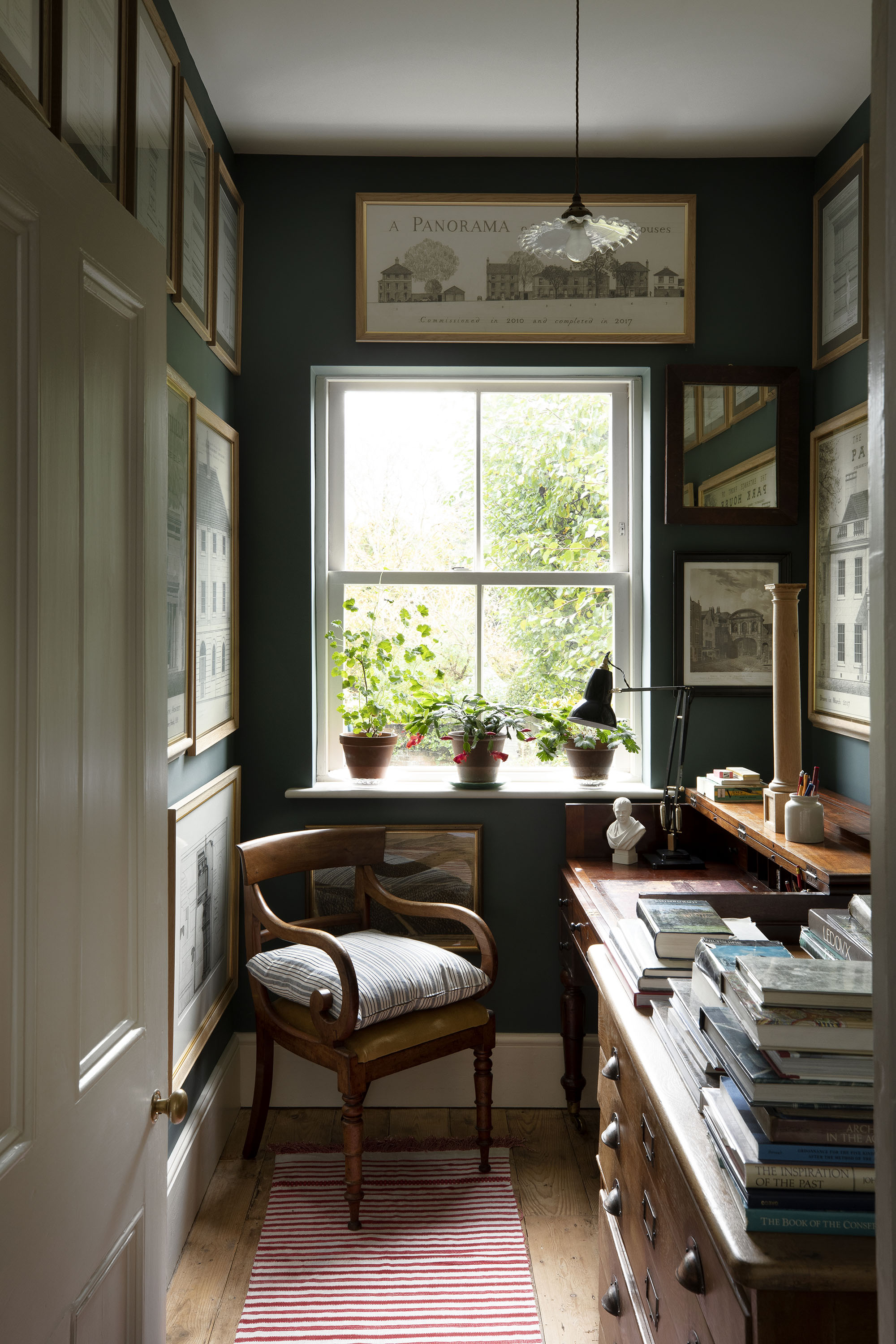
Where I work: George Saumarez-Smith, architect
George Saumarez Smith, director of ADAM Architecture, is — like so many of us — working from home. He spoke

Credit: Zoe Field
Where I work: Jane Taylor, milliner
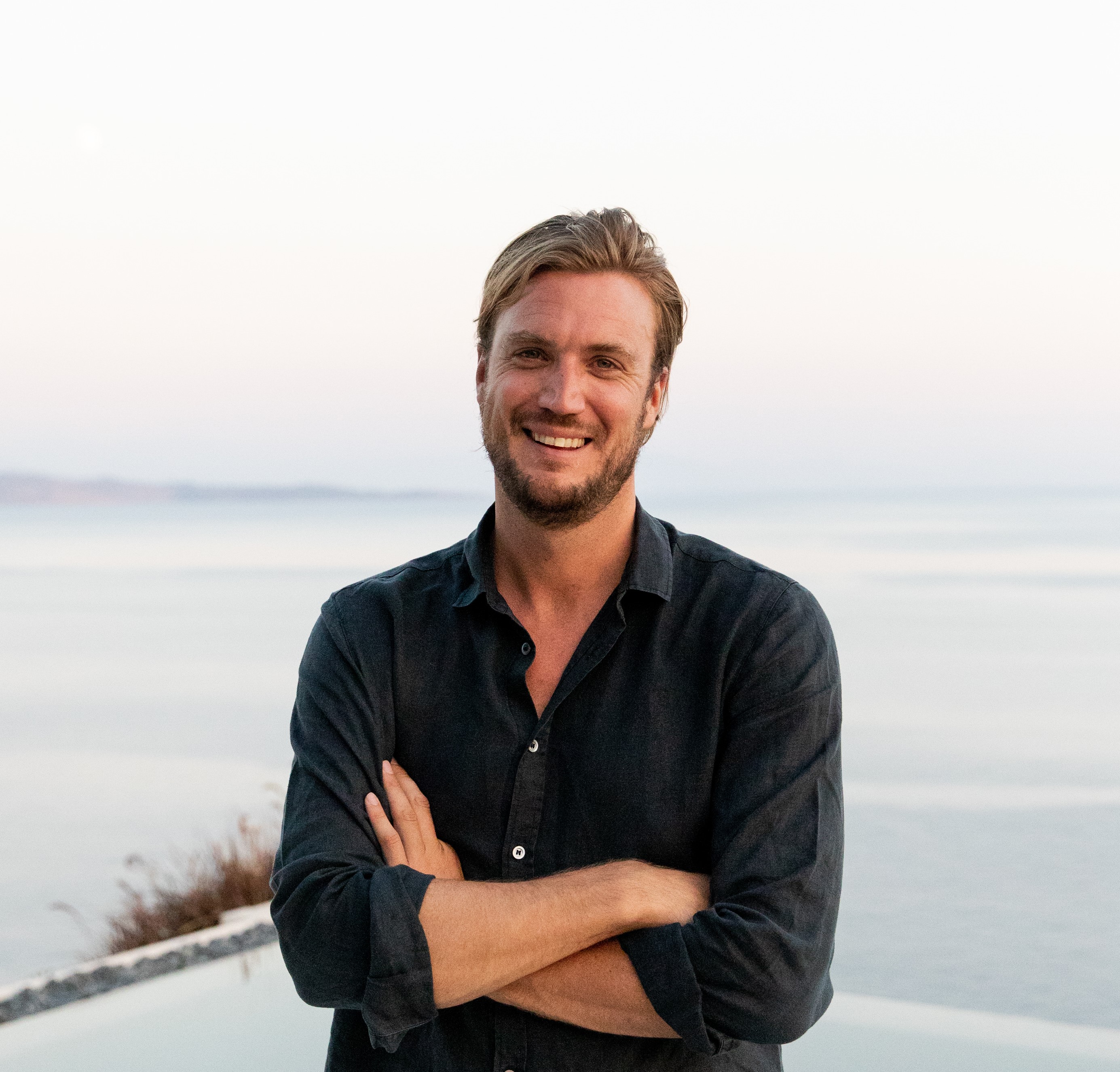
Where I work: Nick Cookson, travel entrepreneur
Nick Cookson, founder of The Villa Collective, is — like so many of us — working from home. He spoke
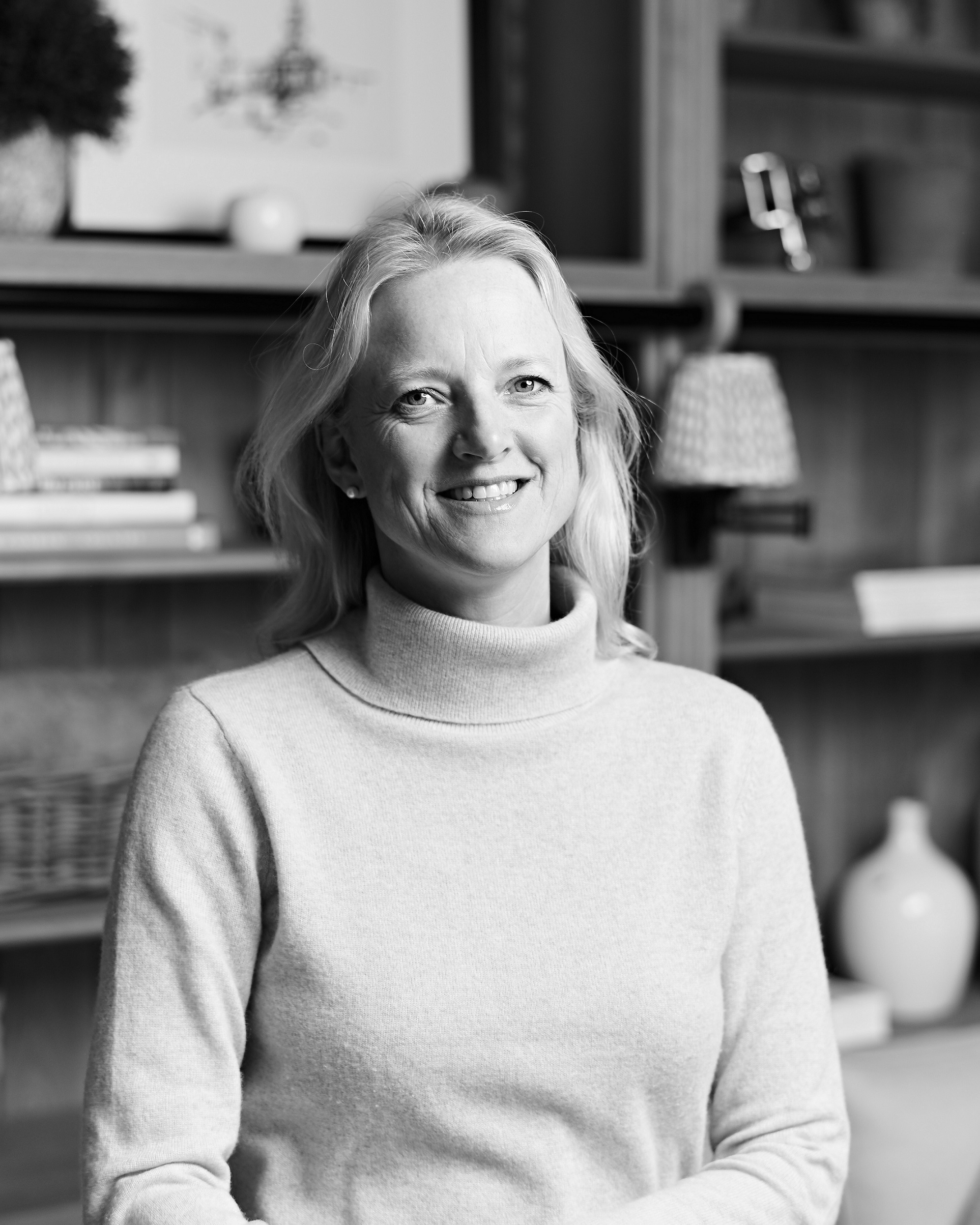
Credit: Adam Carter / Sims-Hilditch
Where I work: Emma Sims-Hilditch, interior designer
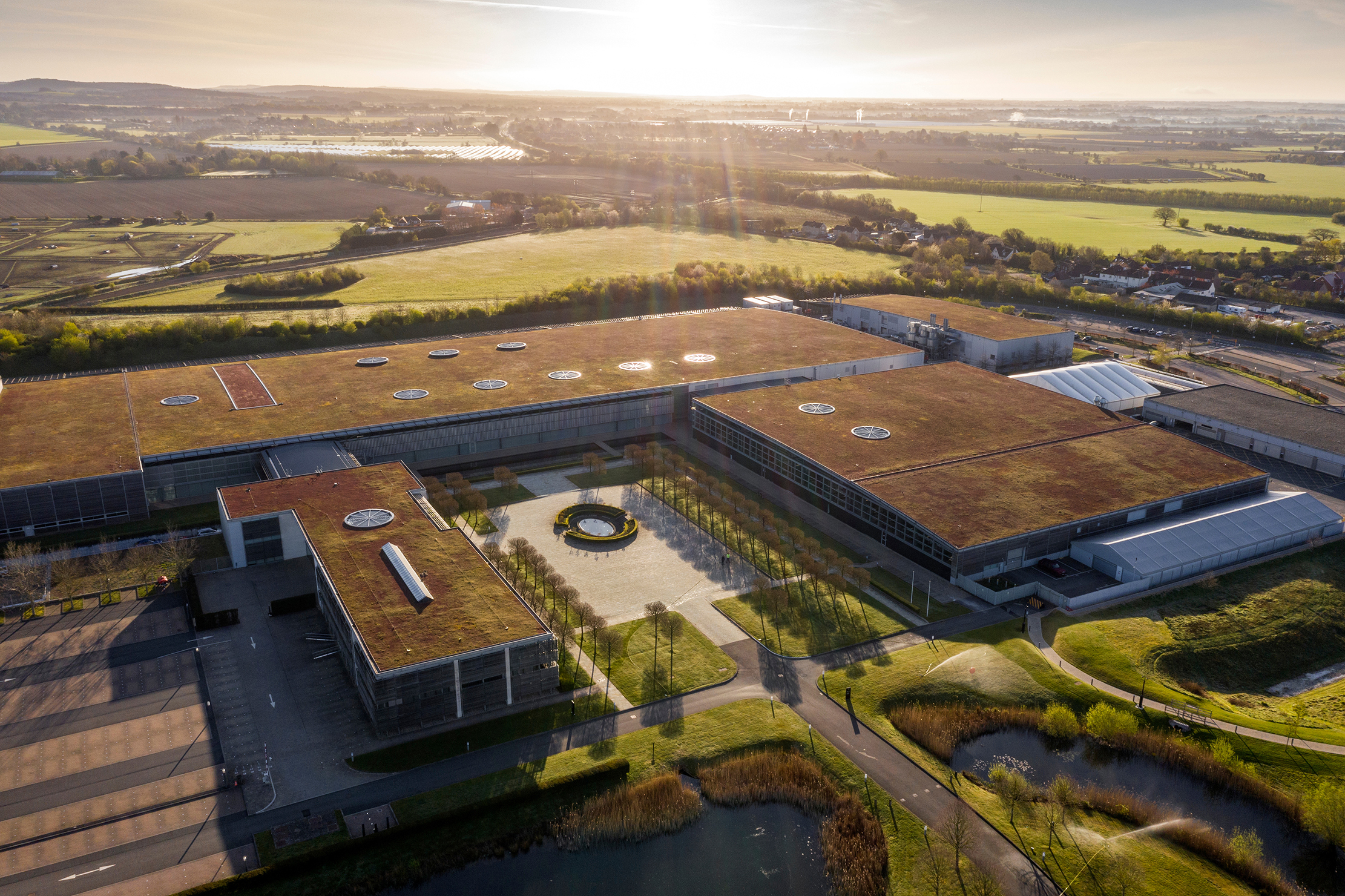
Where I work: Michael Bryden, Rolls-Royce bespoke designer

Credit: Ki Price
Where I work: Kate Gordon, art filmmaker and entrepreneur
Kate Gordon, founder of London Art Studios, is — like so many of us — working from home. She spoke
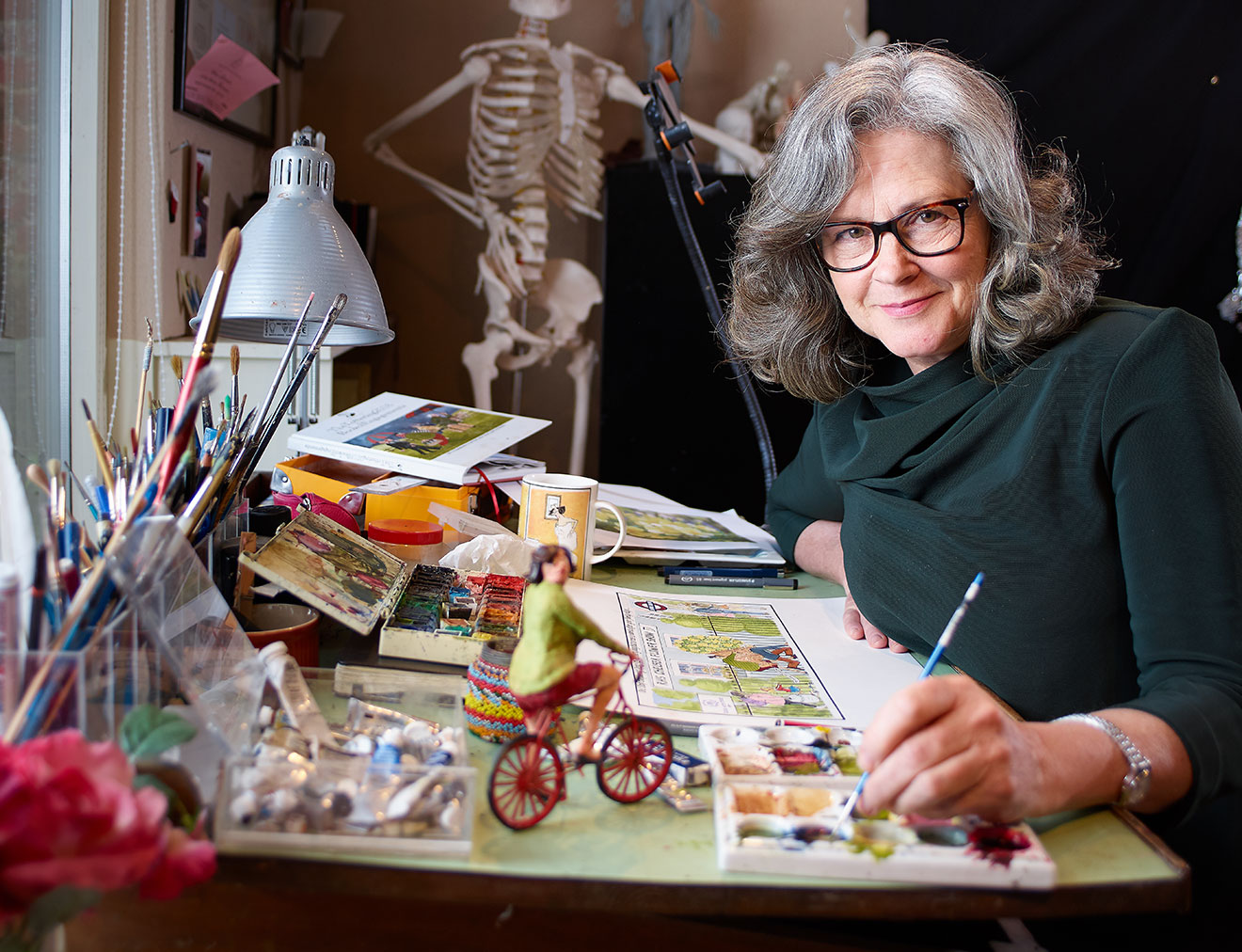
Where I work: Annie Tempest, Tottering-by-Gently cartoonist
Annie Tempest, the brainchild behind the Tottering-by-Gently cartoon — one of Country Life's most beloved features — has always worked
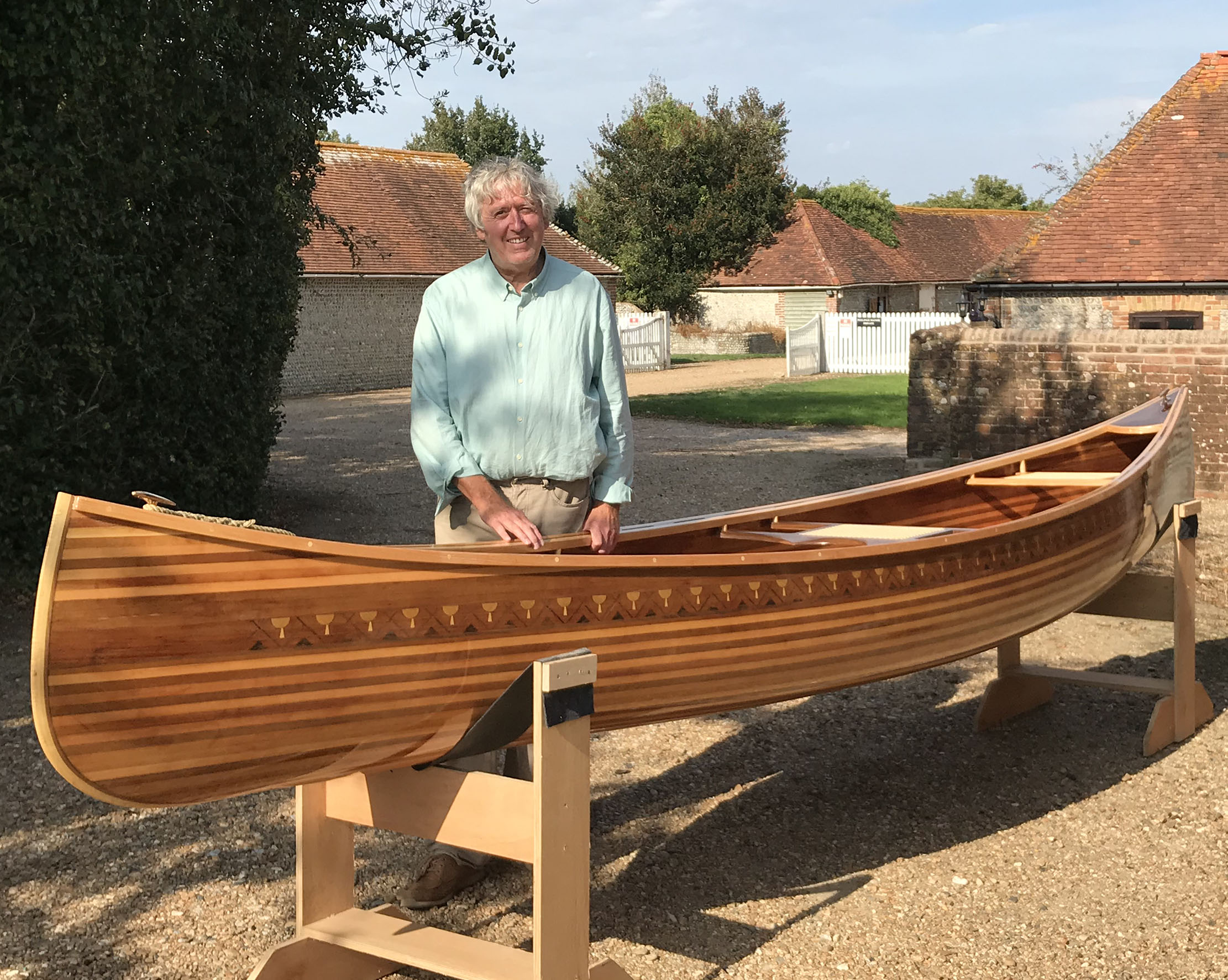
Credit: Huw Edwards-Jones
Where I Work: Huw Edwards-Jones, master craftsman and canoe maker
Rosie is Country Life's Digital Content Director & Travel Editor. She joined the team in July 2014 — following a brief stint in the art world. In 2022, she edited the magazine's special Queen's Platinum Jubilee issue and coordinated Country Life's own 125 birthday celebrations. She has also been invited to judge a travel media award and chaired live discussions on the London property market, sustainability and luxury travel trends. Rosie studied Art History at university and, beyond Country Life, has written for Mr & Mrs Smith and The Gentleman's Journal, among others. The rest of the office likes to joke that she splits her time between Claridge’s, Devon and the Maldives.
-
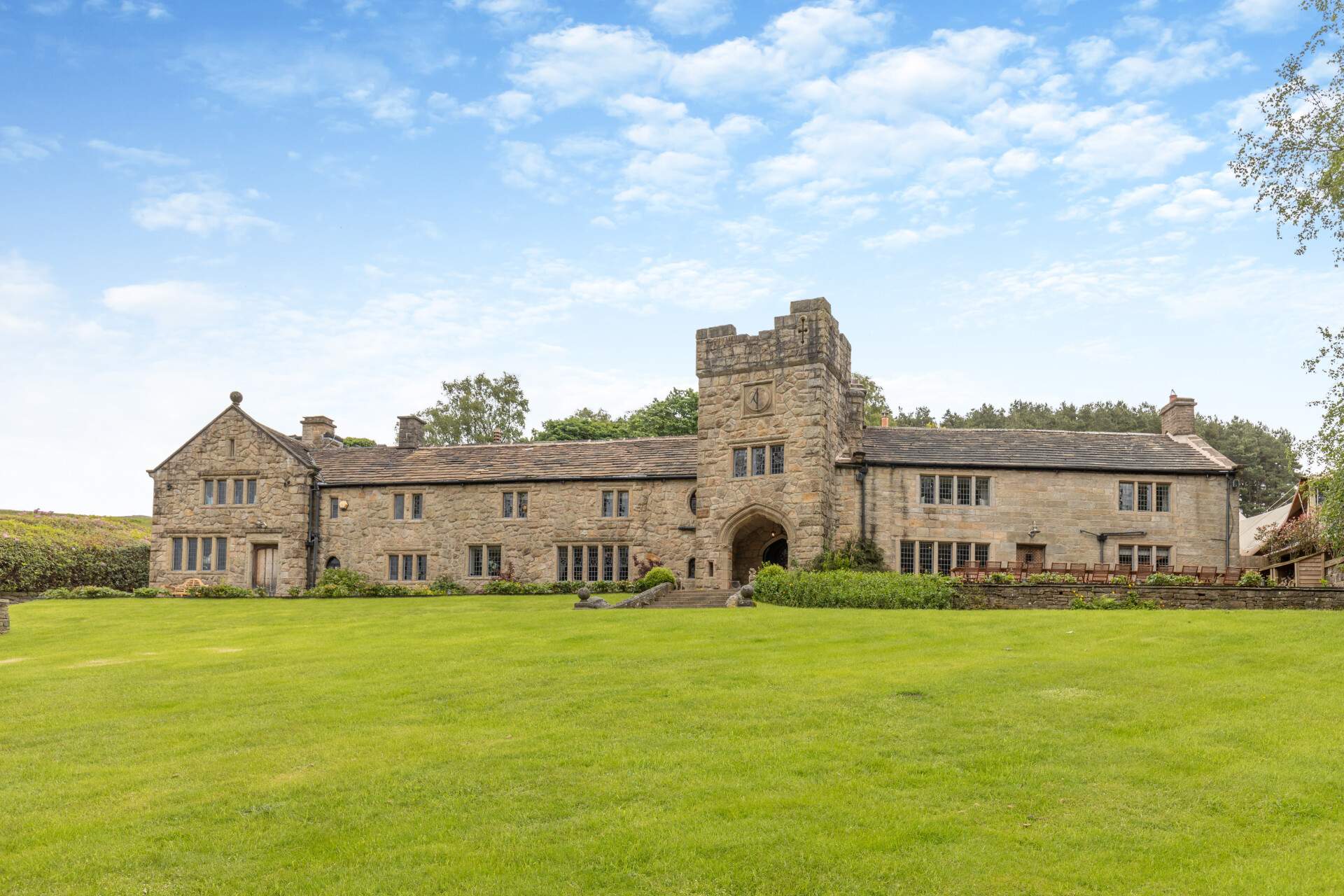 Some of the finest landscapes in the North of England with a 12-bedroom home attached
Some of the finest landscapes in the North of England with a 12-bedroom home attachedUpper House in Derbyshire shows why the Kinder landscape was worth fighting for.
By James Fisher
-
 The Great Gatsby, pugs and the Mitford sisters: Country Life Quiz of the Day, April 16, 2025
The Great Gatsby, pugs and the Mitford sisters: Country Life Quiz of the Day, April 16, 2025Wednesday's quiz tests your knowledge on literature, National Parks and weird body parts.
By Rosie Paterson
-
 Where I work: Emma Sims-Hilditch, interior designer
Where I work: Emma Sims-Hilditch, interior designerEmma Sims-Hilditch, founder of Sims Hilditch, is — like so many of us — looking forward to returning to the office. She spoke to Rosie Paterson about drawing inspiration from the countryside and why you should always have a tidy desk.
By Rosie Paterson
-
 Where I work: Kate Gordon, art filmmaker and entrepreneur
Where I work: Kate Gordon, art filmmaker and entrepreneurKate Gordon, founder of London Art Studios, is — like so many of us — working from home. She spoke to Rosie Paterson about how she'd handling working in lockdown, and the need for accessible art.
By Rosie Paterson
-
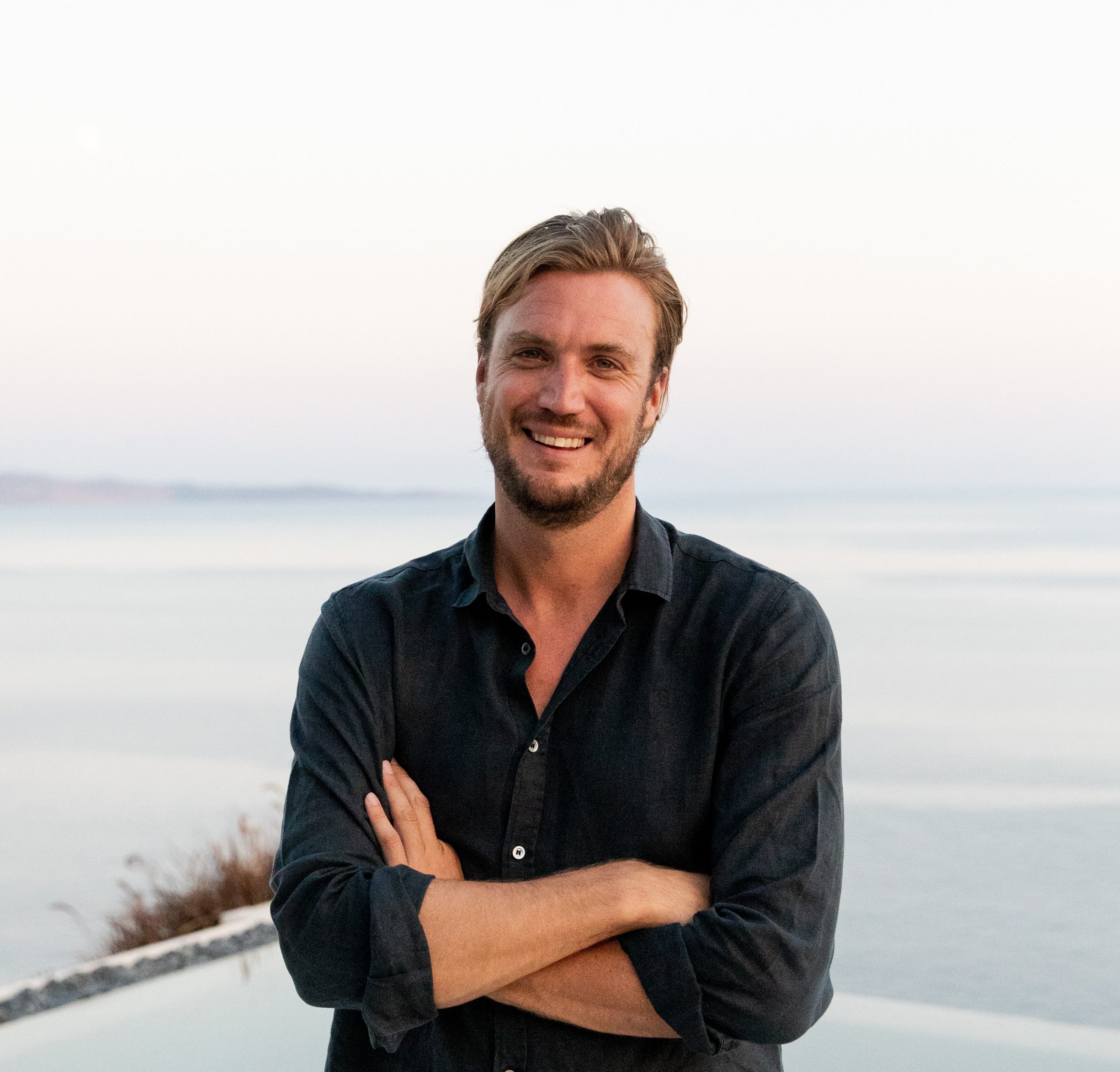 Where I work: Nick Cookson, travel entrepreneur
Where I work: Nick Cookson, travel entrepreneurNick Cookson, founder of The Villa Collective, is — like so many of us — working from home. He spoke to Rosie Paterson about relocating from London to Corfu in lockdown.
By Rosie Paterson
-
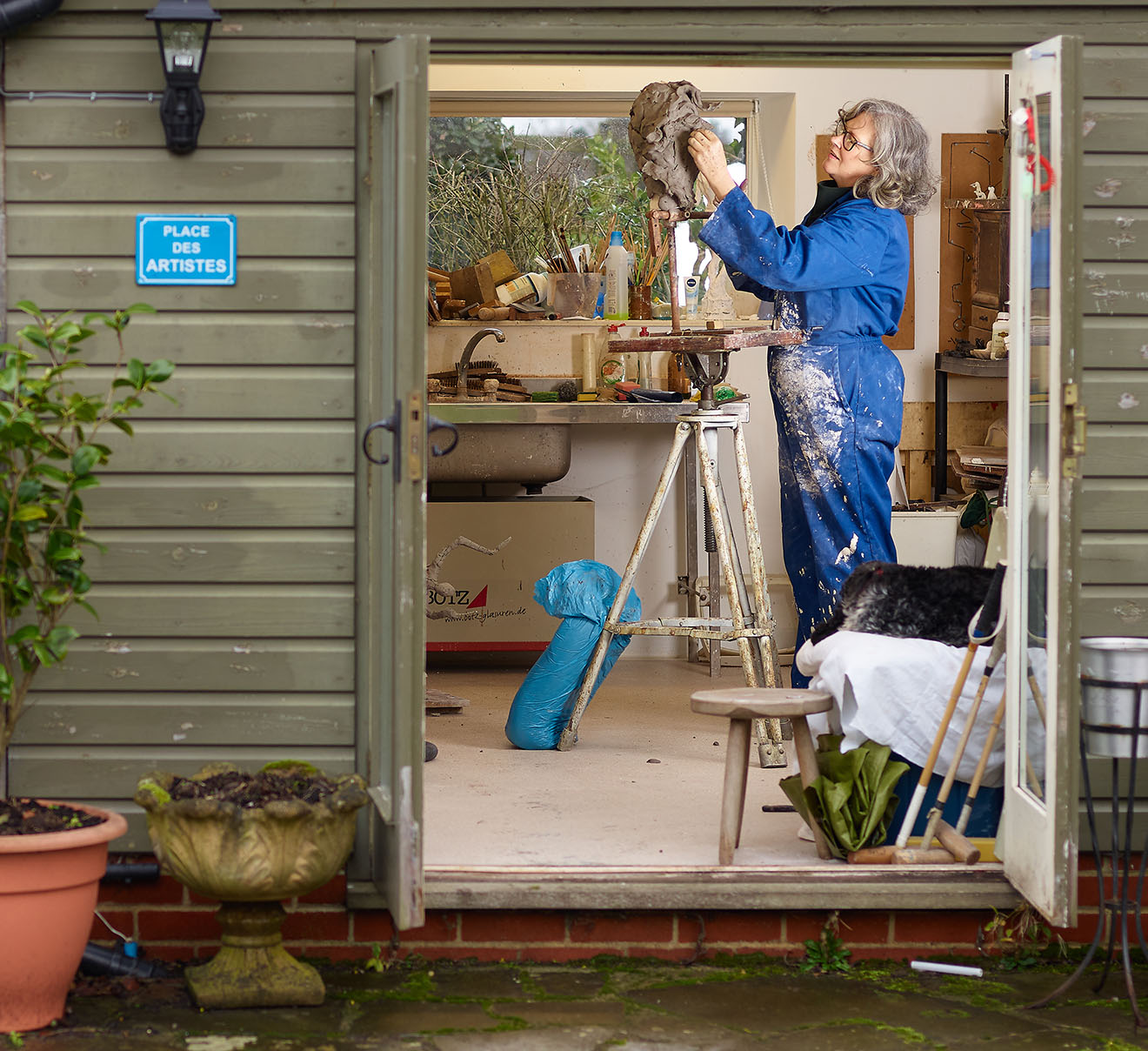 Where I work: Annie Tempest, Tottering-by-Gently cartoonist
Where I work: Annie Tempest, Tottering-by-Gently cartoonistAnnie Tempest, the brainchild behind the Tottering-by-Gently cartoon — one of Country Life's most beloved features — has always worked from home. She spoke to Rosie Paterson about her tips for new home workers and the best career advice she’s ever been given.
By Rosie Paterson
-
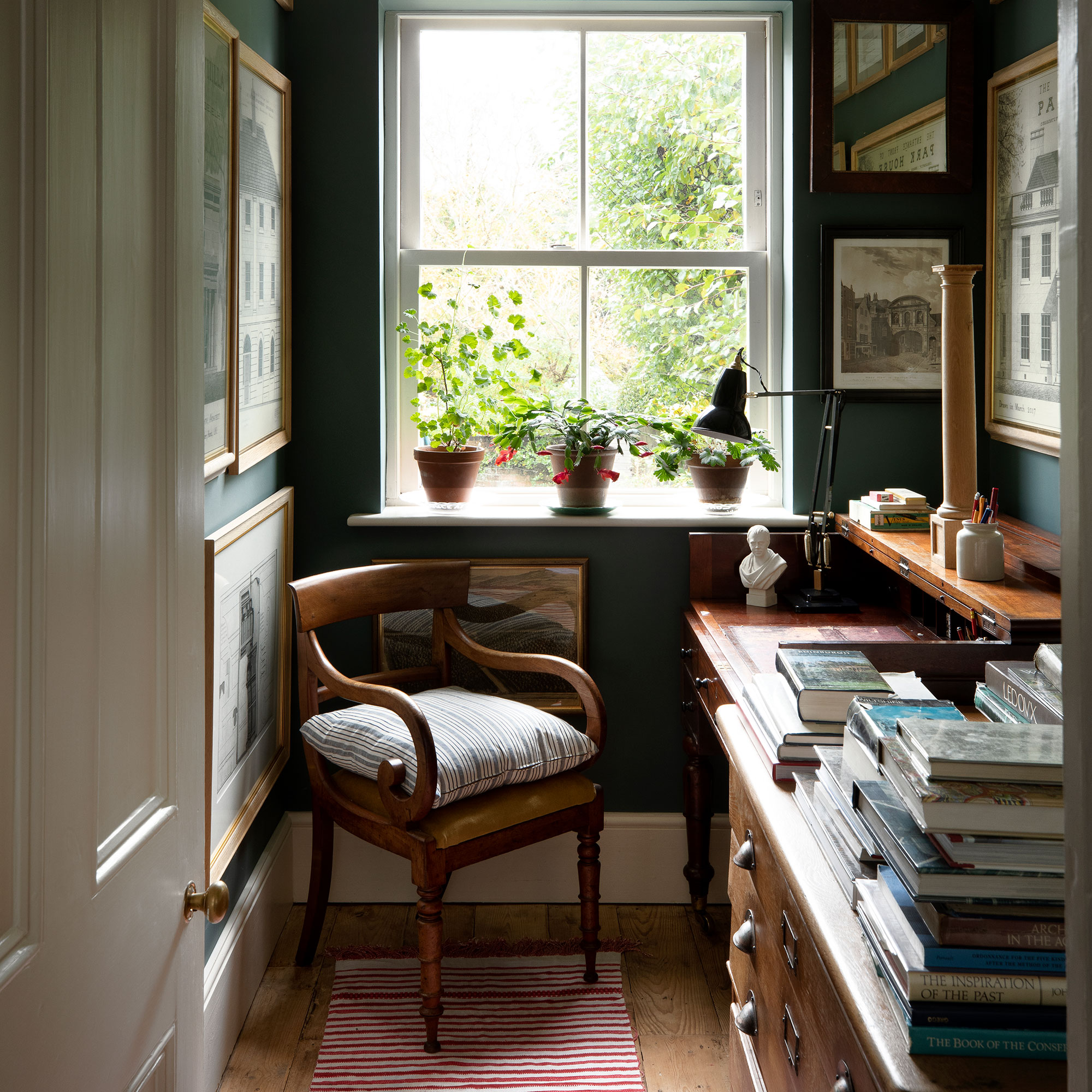 Where I work: George Saumarez-Smith, architect
Where I work: George Saumarez-Smith, architectGeorge Saumarez Smith, director of ADAM Architecture, is — like so many of us — working from home. He spoke to Rosie Paterson about how he’s handling working in lockdown, and reflects on a couple of his favourite projects.
By Rosie Paterson
